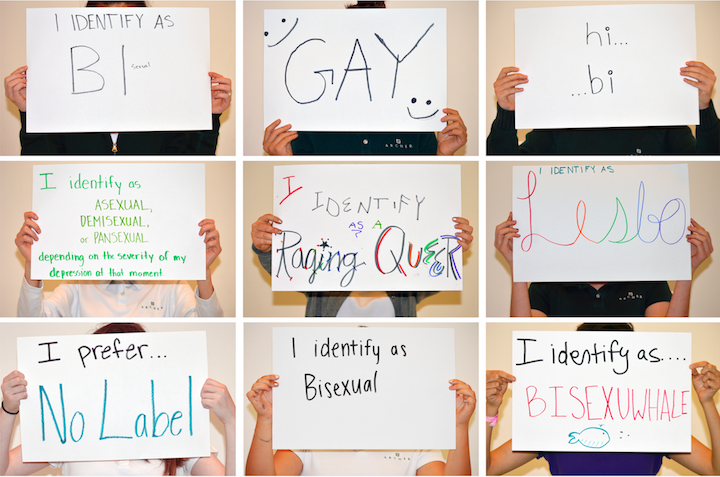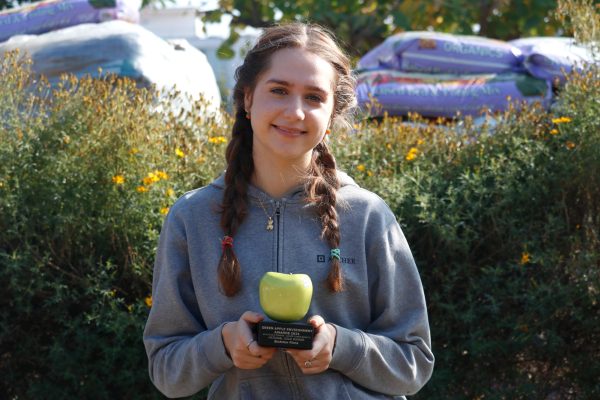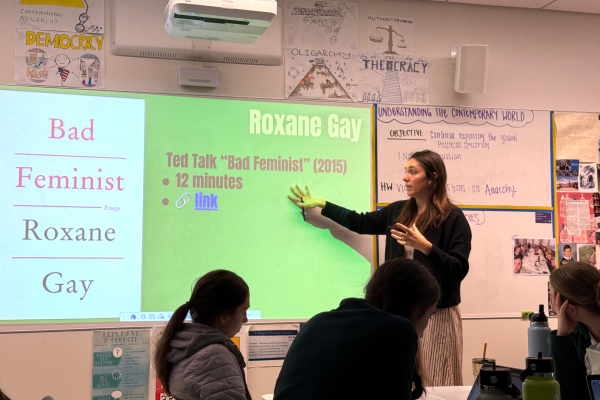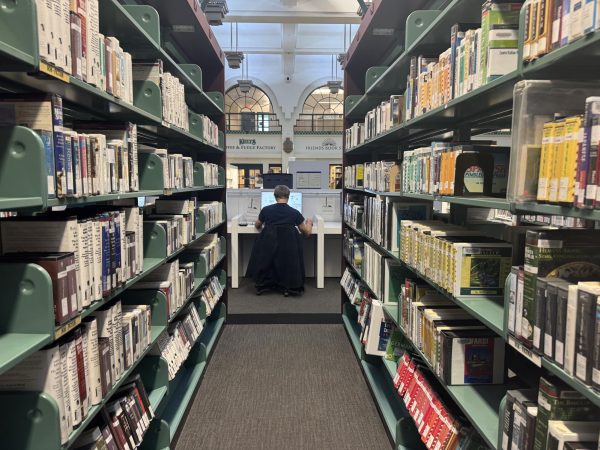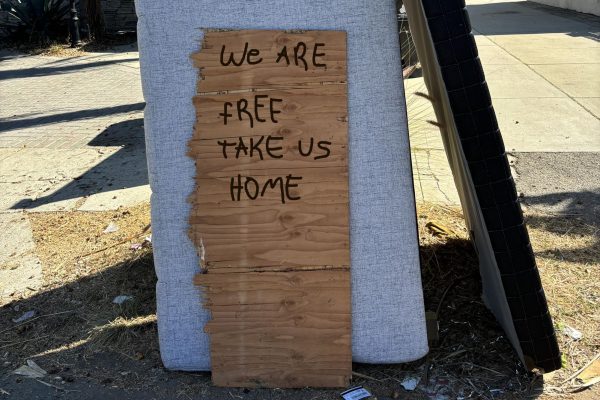The Rainbow Grows: LGBTQ community at Archer ‘supported,’ students say
In 2015, gay marriage was legalized in all 50 states. In the same year, the Pentagon said it would reform military policy to include transgender soldiers. However, as LGBTQ individuals rights continue to grow, many members of the LGBTQ community still face discrimination in education and social environments.
According to GLSEN, an organization that aims to “create safe and affirming education for all, regardless of sexual orientation, gender identity or gender expression,” 42.9% of students surveyed had heard homophobic remarks like “queer” “f—–” or “d—-.”
Archer has student-run clubs like GSA that focus on gender expression, alliances and the overall LGBTQ community at Archer. GSA co-leader Zoe Applebaum Schwartz said she is “very happy” with Archer’s environment for LGBTQ youth.
“Archer does a really incredible job ensuring it is a supportive environment for its LGBTQ individuals, and I think we have lots of avenues to share our experiences and, you know, reach out to a broader LGBTQ community,” Appelbaum-Schwartz said. “Traditionally, people can struggle with coming to terms with their identity and high school environment because there is so much pressure inside and outside of the classroom that a lot of people struggle to find their place, but I think Archer does a really incredible job ensuring [teens are] exploring and finding their identities.”
Three years ago, Aviva Intveld ’19 created a photography project to highlight LGBTQ voices on campus.
Intveld said that, initially, her project was a way for her to “explore [her] own identity” but that it expanded to reach a larger community.
“More and more people became interested in it and wanted to be a part of it, and people that I had never met before were volunteering for it. And that was really exciting and also really empowering to see that my art had touched people,” Intveld said. “I especially really felt honored when people who weren’t at Archer would participate in it.”
Now, Intveld feels like Archer is “a lot” more welcoming and inclusive for the LGBTQ community than when she started seven years ago.
“I don’t that it is because of my art, but I do think that there has been a societal wave towards expecting LGBTQ youth and honoring their stories and their voices,” Intveld said. “I think my project just strived to reflect that growing change and also offer a way for gay youth at Archer to feel like they were a part of that wave and to be active participants in the change.”
Even though Intveld does not still currently work on her project, she still feels it is relevant to Archer community.
“I think that it also [led] people that had no connection to that LGBTQ community at Archer to realize that there are more gay students then they thought there was first, and also to show these are your friends, these are your sisters, they are your family members to kind of destigmatize people who are out,” Intveld said.
According to Human Rights Campaign, 4 in 10 LGBTQ youth say the community in which they live is not accepting of LGBTQ people.
Applebaum-Schwartz said that growing up in Los Angeles has helped her understand her sexuality and has been an “incredible” privilege.
“While I know that an upsetting number of teenagers experience adversity in coming to terms with their identities, I have been brought up in an environment that has done nothing but support me,” Applebaum-Schwartz said. “I think that Archer is a huge component of that; by constantly being given opportunities to grow and empower others, I feel truly comfortable and confident in who I am.”
Therapist and licensed practitioner for 27 years Ellen Bersch said the LGBTQ face ” a lot of adversity” growing up in “such a heteronormative society.”
“The norm is a heterosexual society, and I think LGBTQ community are not understood, and I think because of that they are discriminated against and bullied,” Bersch said. “I think it is hard for them to be accepted like heterosexual students are, which can impact their learning. If they are in a class and they don’t feel like they fit in, it makes it very difficult for them to actually learn. I think there is a heteronormative narrative in this society and I think if you don’t fit in that narrative, it can be very tough.”
In order to create a better community for LGBTQ youth, Bersch said that it is necessary to create an open environment.
“[It’s important] to understand that they are vulnerable and feel the need to fit in,” Bersch said. “People need to accept them for who they are and to understand where they are coming from. When there is a one-on-one dialogue and you get to know somebody who is part of that community, it makes it much easier for you to accept them because it becomes personal.”
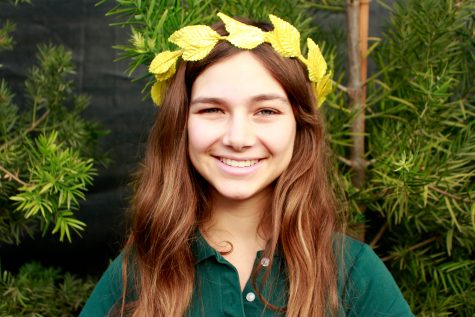
Ella Frey joined the Oracle writing staff in 2016 and was promoted to sports editor junior year. She currently serves as the news and features editor....



